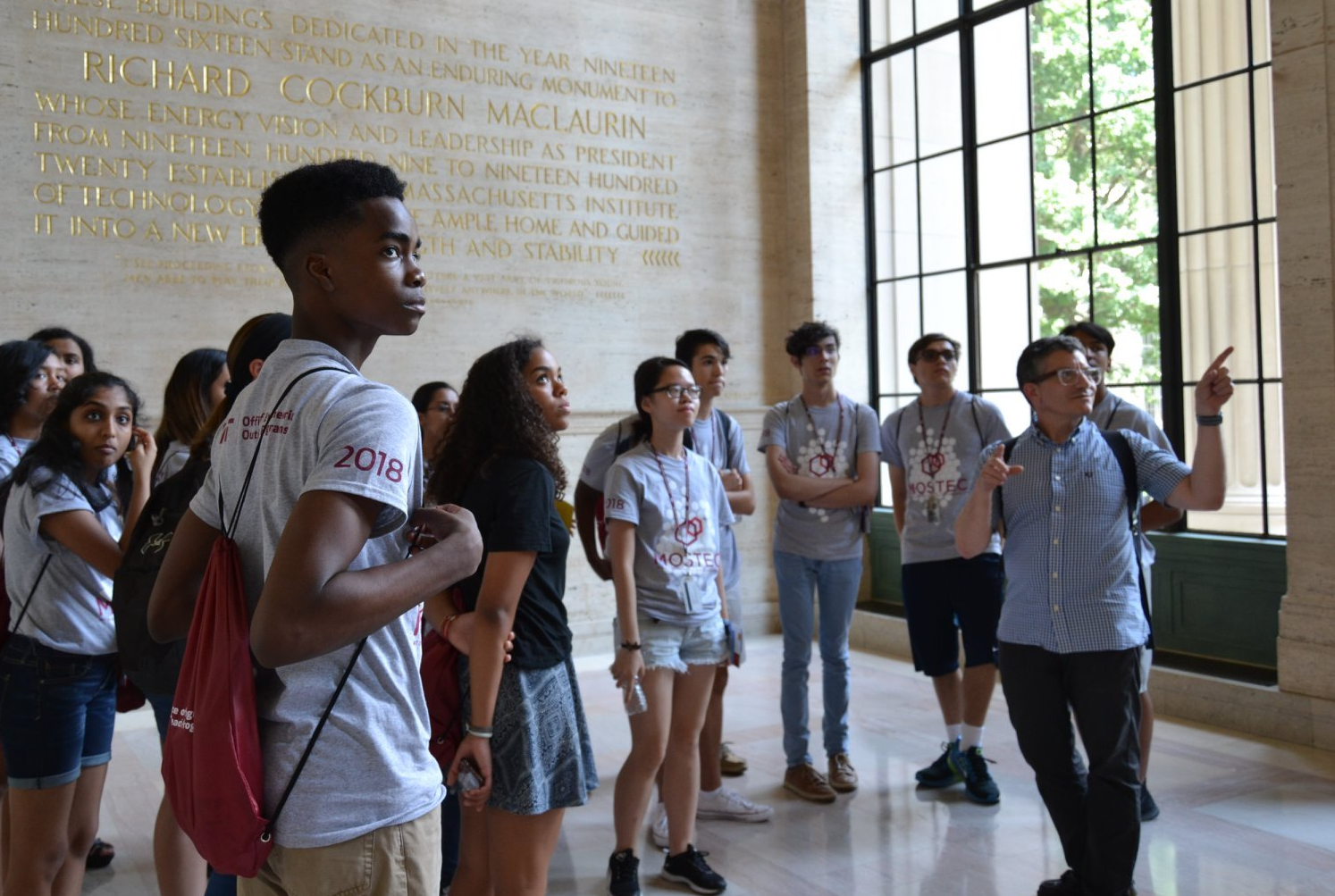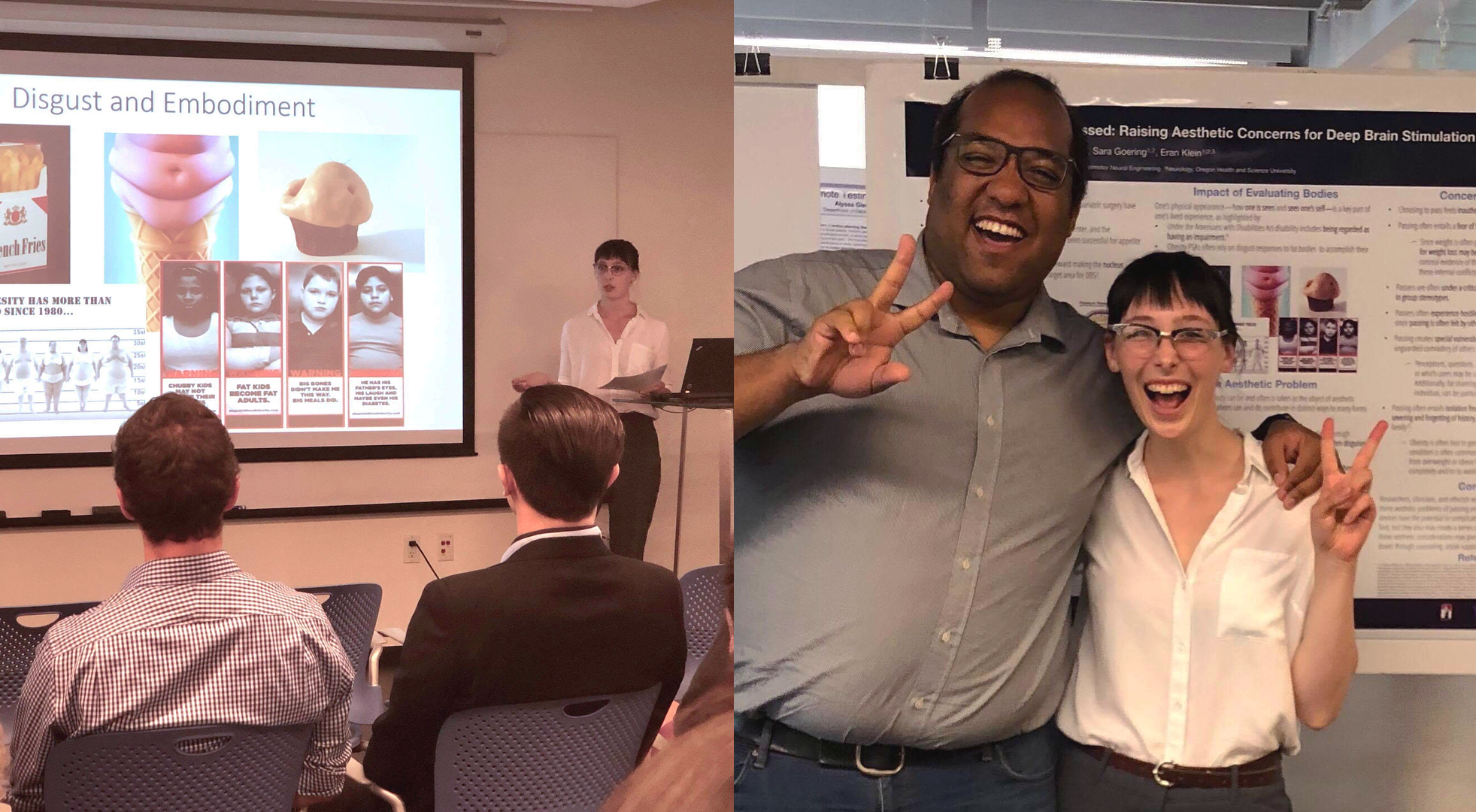December
10th, 2019

I am pleased to announce that I was able to successfully defend my dissertation and complete my Ph.D. The dissertation, “Modulating Agency: the Moral and Aesthetic Import of Deep–Brain Stimulation,” is a collection of three papers assessing how deep–brain stimulation (DBS) devices impact their users’ experiences of and ability to exercise agency. In it, I argue that current views on DBS’s influence on user authenticity, identity, and/or autonomy are limited insofar as they characterize DBS as an external threat or aide to these features of self-hood. Thanks to everyone who helped me along the way: my dissertation committee (Drs. Sara Goering, Andrea Woody, Carina Fourie, and Gina Campelia), my excellent colleagues in the Center for Neurotechnology, my supportive friends & family, and most of all…my partner Sandra.
Stay tuned for everything that comes next!
More →
August
25th, 2018

Every year, MIT’s Office of Engineering Outreach Programs runs a six-month online course for rising high school seniors from underrepresented backgrounds: the MIT Online Science, Technology, and Engineering Community (or MOSTEC) program. To culminate the course, the students meet up at MIT for an intense week of face-to-face courses. This year, I had the privilege of teaching an neuroethics for MOSTEC. This is the first time they’ve brought in someone to teach neuroethics, and so it was a (successful) experiment for both of us. The students were excited to learn what neurotechnologies exist, talk through difficult medical ethics cases, and apply what they learned to their own capstone projects.
More →
August
15th, 2018

Hannah Martens, my long-term mentee, just completed the Center for Neurotechnology’s Research Experience for Undergraduates program. Over the course of 10-weeks, Hannah lead a research project to determine the moral (and aesthetic) implications of using Deep Brain Stimulators (DBS) to treat obesity. DBS therapy, she argued, might exacerbate the stigma, isolation, and low self-regard that often accompany obesity. As always, working with Hannah was an awesome experience—she is already a colleague, as far as I’m concerned. I can’t wait to work with her again in the future.
More →


